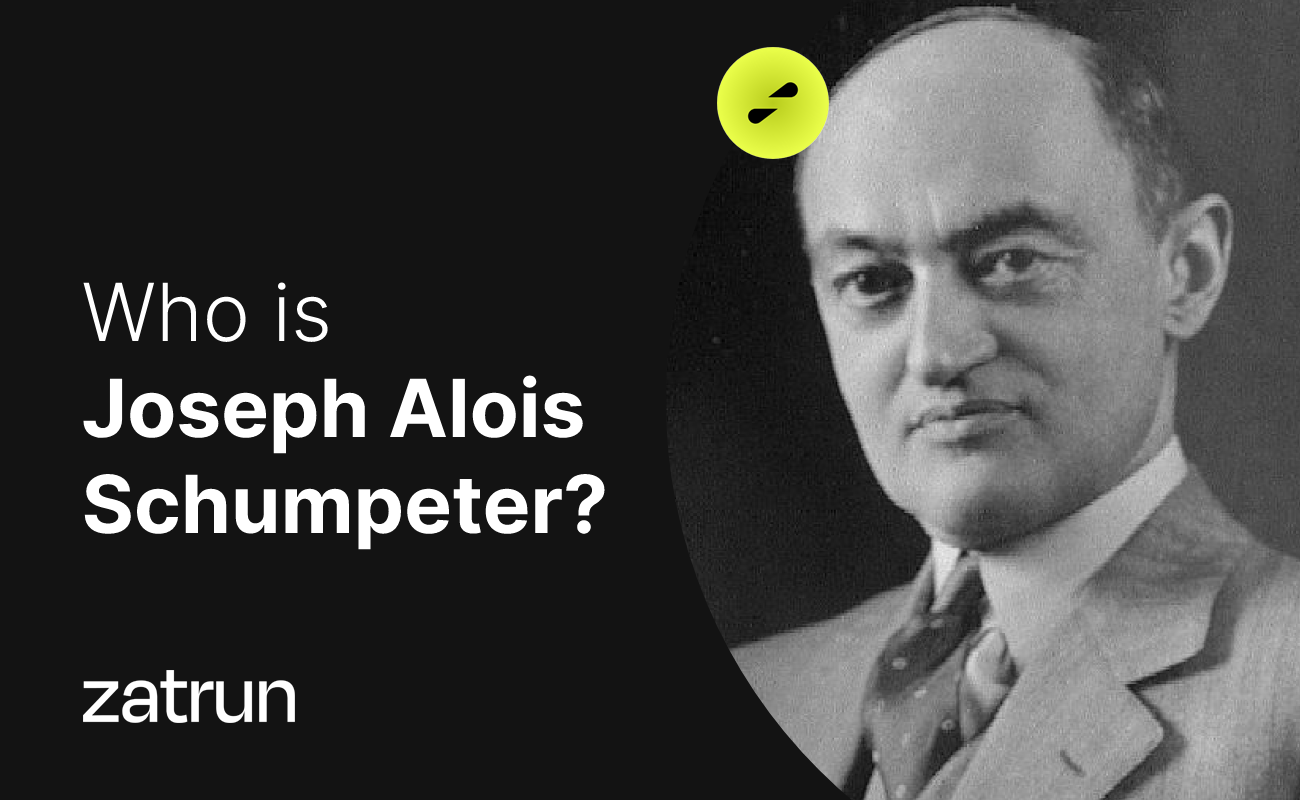Ernst Friedrich Schumacher, commonly known as E.F. Schumacher, was a renowned economist of German origin British citizen. Born on August 16, 1911, in Bonn, Germany, Schumacher is best known for his pioneering work on the principles of “intermediate technology” and “small is beautiful.”
Schumacher’s ground-breaking ideas were influential in shaping economic theories during the 20th century. His concept of intermediate technology advocated for the use of appropriate, affordable, and sustainable technology in developing countries, rather than relying on expensive and complex machinery that often led to economic and environmental issues. If you are interested in learning more about E.F Schumacher, keep reading this article on Zatrun.com.
Who is Ernst Friedrich Schumacher?
Ernst Friedrich Schumacher was born in Bonn, Germany in 1911, into a family with a strong academic background. His father was a professor of political economy, which may have sparked Schumacher’s early interest in economics. He began his education in Bonn and Berlin, but in 1930 he was awarded a prestigious Rhodes Scholarship to study at New College, Oxford in England. Schumacher continued his education at Columbia University in New York City, where he earned a diploma in economics.

After completing his studies, Schumacher pursued a diverse career path, working in business, farming, and journalism. He applied his knowledge of economics to practical issues, advocating for sustainable and appropriate technology in developing countries. Schumacher’s innovative ideas challenged traditional economic models and emphasised the importance of social and environmental factors in economic development.
Ernst Friedrich Schumacher and his wife made England their permanent residence in 1937. During World War II, he played a significant role in developing theories pertaining to full-employment policies. He also collaborated with William Henry Beveridge, who served as the government’s primary economic advisor, to formulate plans for the post-war welfare state of Britain.
His Contributions
Ernst Friedrich Schumacher acted as an advisor to Britain’s nationalised coal industry from 1950 to 1970. In this capacity, he advocated for the continued production of British coal, while simultaneously emphasizing the importance of conservation, despite a surplus of oil from the Middle East and the emergence of nuclear energy. Schumacher was a vocal opponent of nuclear power generation due to what he perceived as an unsolvable waste-disposal issue.
Following his visit to Myanmar in 1955, Schumacher came to the conclusion that adopting advanced technologies could enhance productivity in poor countries, but this would not necessarily translate to increased employment opportunities. To address this issue, Schumacher believed that developing countries required an intermediate technology that was tailored to their unique needs.
He also challenged the notion that continuous economic growth was necessary, and advocated for the development of a non-capital-intensive, non-energy-intensive society. In his book “Small Is Beautiful (1973)”, Ernst Friedrich Schumacher argued that while capitalism had brought about higher living standards, it had done so at the cost of deteriorating culture. Schumacher believed that natural resources should be conserved, and believed large industries and cities would deplete these resources.












